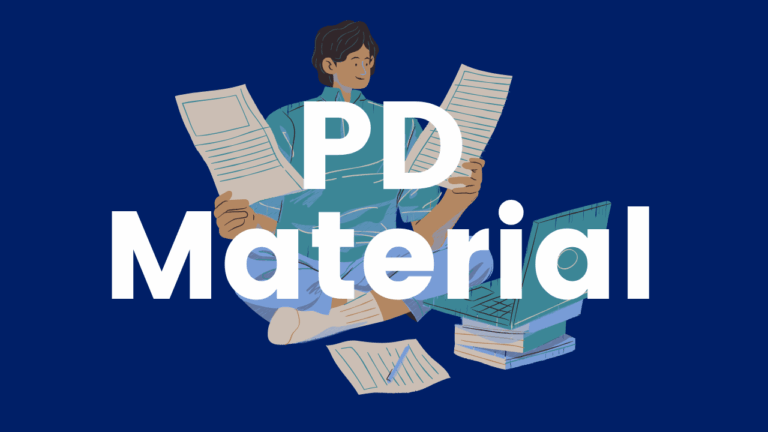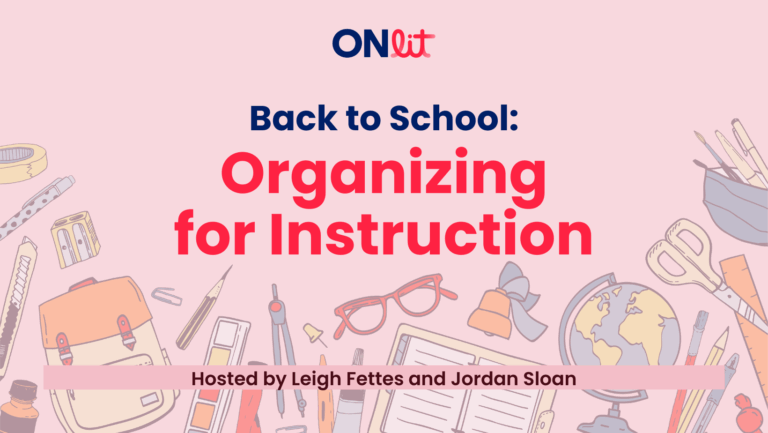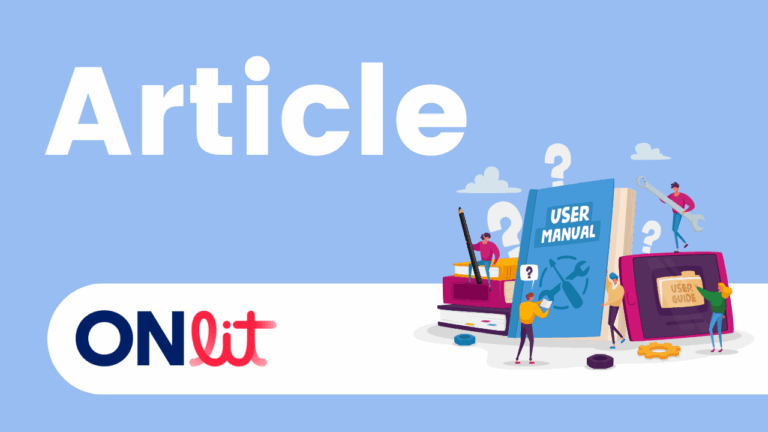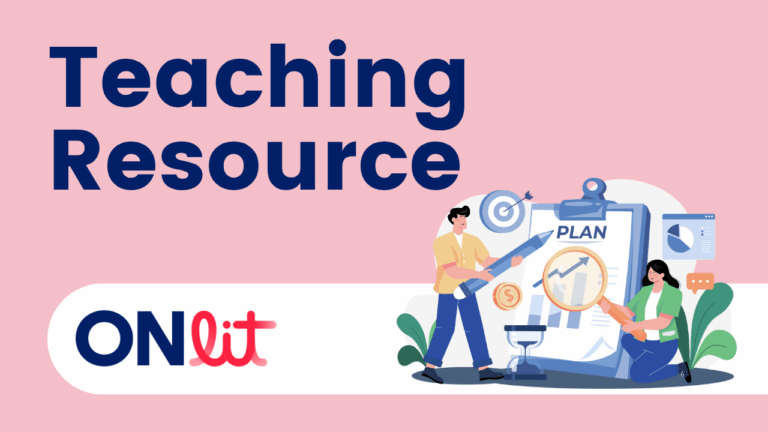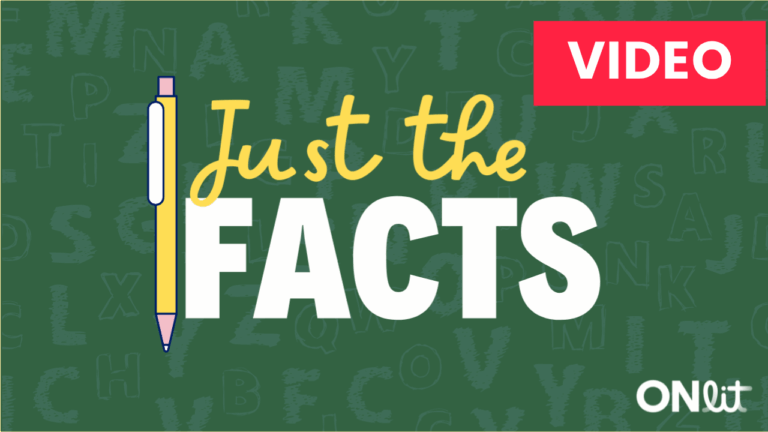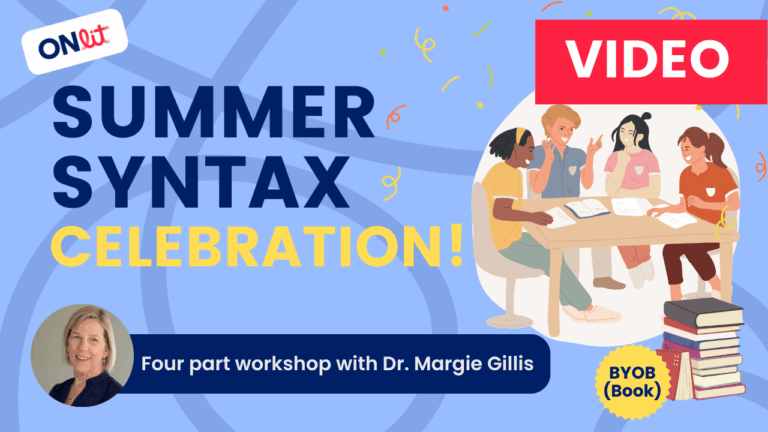DIBELS Screening – What’s Next Flowchart
An overview of literacy screening followed by direction on where to go next when different profiles of screening results are obtained. The focus is targeted and evidence-informed intervention – Tier 2 resource support.

